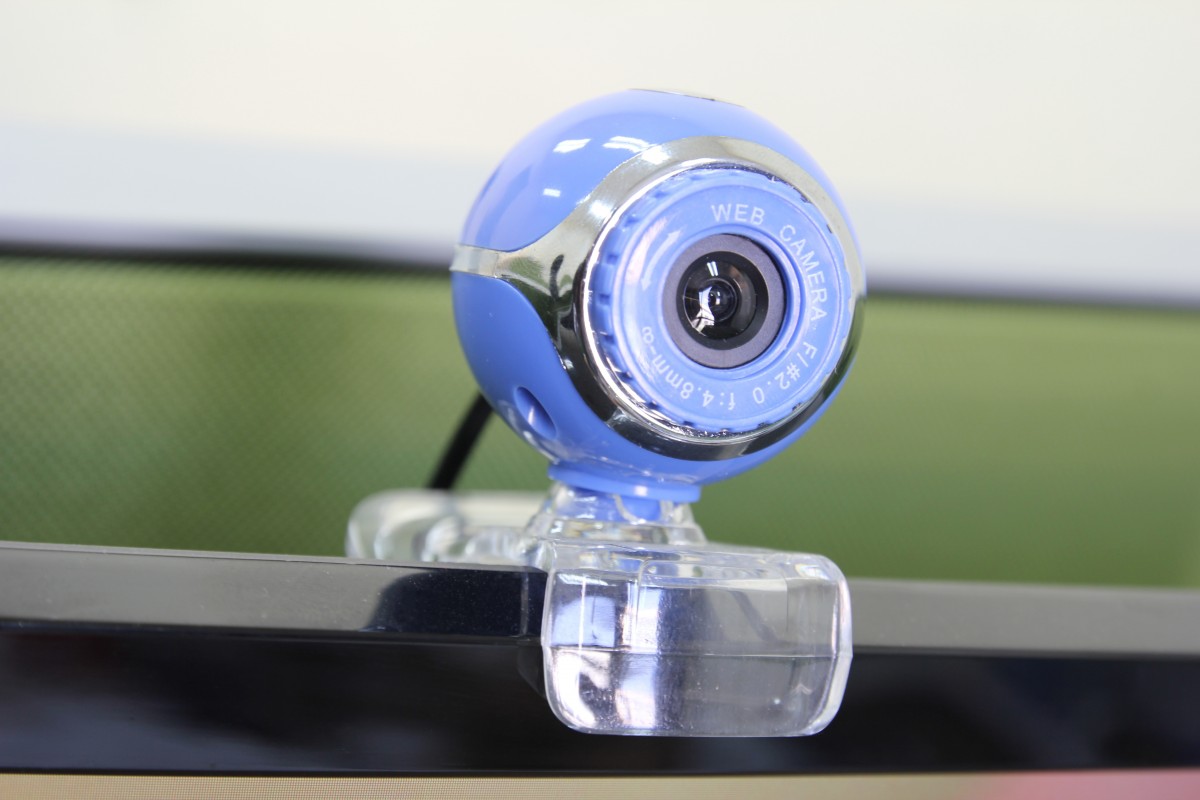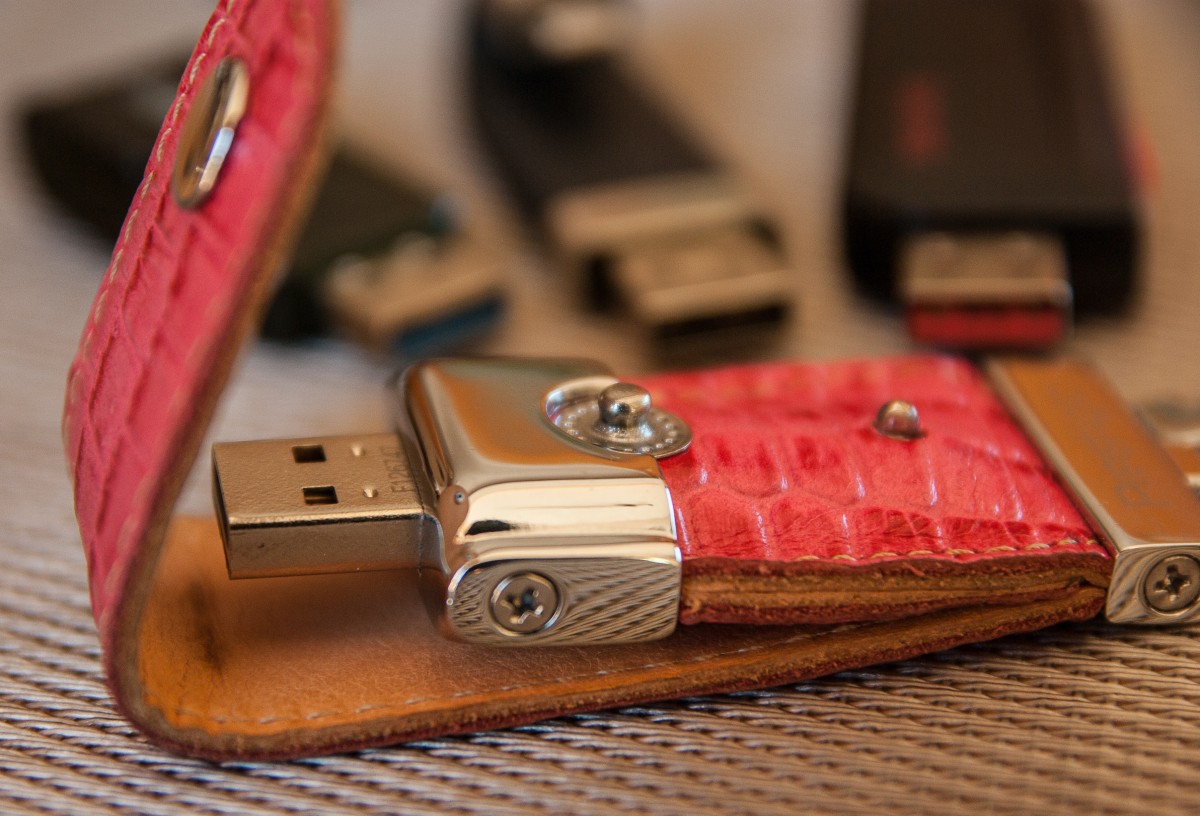You don’t need to be an expert to protect your PC. A few simple tricks, free software, and a little common sense are usually enough to keep hackers out. Learn how to escape the most common attacks in ten practical points. Hackers are rarely very good. They prefer easy prey to technological challenges.
And understandably so: the Internet is full of open personal computers that can be remotely taken over in minutes. It doesn’t take much to change sides… and not be bothered anymore. So, without further ado, let’s dive into this blog and learn some of our tips to keep your PC safe and secure.
1. Keep your PC up to date

If there were only one piece of advice, it would be this: apply the patches! Almost all incidents, including the latest major worm outbreaks circulating on the Internet, use a known security flaw for which a patch already exists. For computers equipped with Windows, the easiest way to stay up to date is to activate the update service, Windows Update, from the Start Menu or connect directly to the dedicated site.
Be careful; the latter only corrects the operating system and Microsoft applications: remember to keep up to date with the patches available for your other software! Unfortunately, there is no centralized update system. However, some programs have automatic update functions, which you should activate specifically.
2. Install a firewall

Using a firewall when you are on a network isolates your PC from the outside world. It acts as a gatekeeper and controls attempted connections to your computer. Some of them also allow you to decide which applications installed on your hard disk are allowed to connect to the Internet. Since the 2000 version, all versions of Microsoft’s system have a built-in firewall that you can activate.
These products offer greater configuration flexibility and more user-friendly interfaces and allow you to control the applications that can connect to the Internet. Those of Windows 2000 and Windows XP SP1 only control incoming connections, while Windows XP SP2 offers a complete program. In any case, you can activate it by going to the “property” menu of the network connection (Internet or local network) that you want to protect. If you want to go further, you can install another program like ZoneAlarm or Norton Firewall instead of the system firewall…
3. Install an antivirus

No one is safe from a mistake: even if you are confident and don’t click on anything, installing an antivirus is still a good idea. Malicious code can be lurking in the pages of websites you visit or Office documents you open, and the fun little programs you get from your friends can contain Trojans. Antivirus software is there to root them out.
Choose one that not only scans your files but also works with your email program to intercept mail before it shows up in your message list. Likewise, if you use instant messengers such as MSN Messenger or Yahoo! Messenger, you should choose an antivirus capable of checking files received through this channel.
This is the case with products from the leading players in this market, including those from Symantec and McAfee. And of course, once the antivirus is installed, remember to activate the automatic update of its signature database! If you have a broadband connection, you can opt for a daily update; you won’t see it go by.
4. Install anti-spyware

“Spyware” and “adware” are not just the two latest buzzwords: they are two of the most widespread malware. Adware is clandestine software installed along with applications (often free) that you download from the Internet or even websites that you visit if your browser is not up-to-date with its security patches. Their role can be to display additional advertising during surfing sessions or to study your consumption habits. Their purpose is to inform the marketing companies that install them.
Spyware, on the other hand, is malicious: it is spyware whose role is to collect confidential data on your computer and transmit them to the hackers who installed it. They, too, can be contracted via malicious web pages or carelessly downloaded utilities. To get rid of them, don’t rely on your antivirus software: their editors have never really taken the trouble to fully fight against this type of malware. They are just starting to take an interest in it.
Sound off in the comments section below and tell us what you want to read next and if you want to read more about keeping your PC safe.





